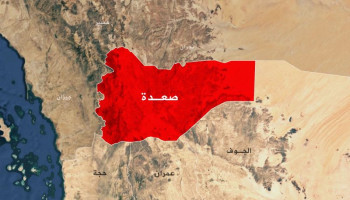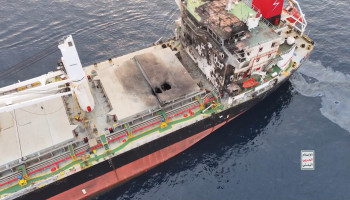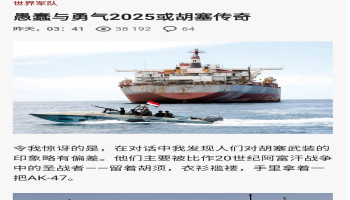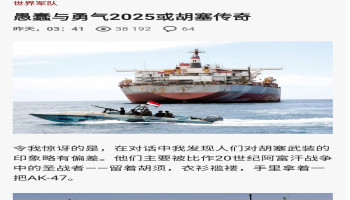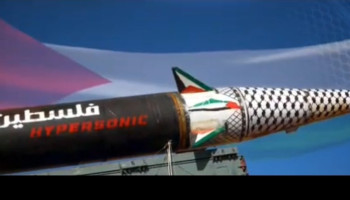Wednesday, July 16, 2025
Acting Chief of Naval Operations Admiral James Kilby said that the scale of the costs incurred by the United States in the Middle East, including the Red Sea, was unexpected, and that reliance on expensive munitions should not continue in high-intensity combat operations.
In statements published by the American website Business Insider on Tuesday, Kilby said that the US Navy used "significant numbers of advanced munitions" to counter attacks by Sana'a forces in the Red Sea and the Gulf of Aden, as well as while countering Iranian attacks on Israel.
He added, "The pace and magnitude of the costs of advanced weapons were not anticipated by the Navy or the Defense Industrial Base, and as a result, our inventory of more effective interceptor missiles has decreased, requiring an increased rate of munition delivery."
Kilby said that "the Navy is working with the US Missile Defense Agency and the Naval Industrial Base Program Office, and its industrial partners to expand interceptor missile production capacity.
The Business Insider report noted that "some observers have expressed concerns that US warships are rapidly depleting their primary munitions without adequate plans to replace them."
According to the report, the US Navy's concerns in this context include the depletion of its stockpile of standard SM-3 interceptor missiles, which cost between $10 million and $30 million each, as well as SM-4 missiles, which cost more than $4 million each.
Kilby said, "The Navy's current reliance on high-cost interceptor missiles, such as the SM-3 and SM-6, is unsustainable in high-tempo operations."
He added, "The military must transition to less expensive alternatives while maintaining expensive defenses for strategic weapons—or it will face shortages at critical times."
According to the report, "US Navy leadership points to the conflict in the Red Sea as a clear example of the problem, where US warships were forced to spend millions of dollars on missiles to destroy cheap Houthi drones that could cost only thousands of dollars."
The report stated that "the Navy has made it a priority in its current and future operations to narrow the cost gap between air defense weapons and the threats they face, especially with the increasing importance of unmanned aerial vehicles in naval warfare."
The report quoted Kilby as saying that "the Navy is constantly evaluating and updating its tactics, technologies, and procedures in preparation for future operations."



